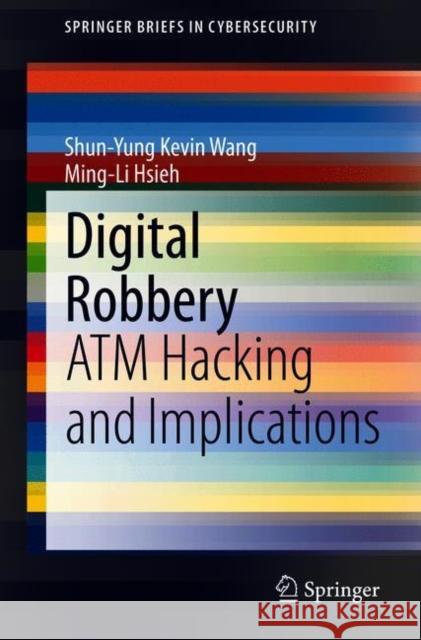Digital Robbery: ATM Hacking and Implications » książka
topmenu
Digital Robbery: ATM Hacking and Implications
ISBN-13: 9783030707057 / Angielski / Miękka / 2021 / 53 str.
Kategorie:
Kategorie BISAC:
Wydawca:
Springer
Seria wydawnicza:
Język:
Angielski
ISBN-13:
9783030707057
Rok wydania:
2021
Wydanie:
2021
Numer serii:
000449655
Ilość stron:
53
Waga:
0.09 kg
Wymiary:
23.39 x 15.6 x 0.3
Oprawa:
Miękka
Wolumenów:
01
Dodatkowe informacje:
Wydanie ilustrowane











